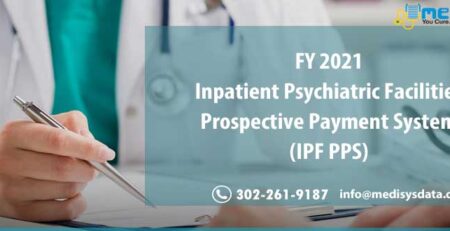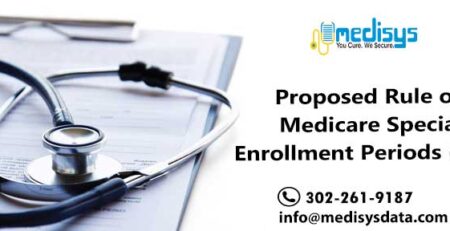CMS’s Existing Initiatives Protect Medicaid
In 2014, CMS revised the Medicaid Provider Reassignment Regulation to provide for a new exception to the direct payment requirement for certain providers, which primarily include independent in-home personal care workers. This new regulatory exception authorized a state to make Medicaid payments to third parties on behalf of certain providers. After further review, CMS has determined that the new exception created by the 2014 rule is not authorized by the statute and may have resulted in provider payments being diverted in ways that do not comport with the law. Therefore, CMS is finalizing the rule to remove this impermissible exception.
CMS’s Unified Program Integrity Contractors (UPICs) – CMS’s UPICs are contracted entities that perform activities that identify and reduce fraud, waste, and abuse by individuals and entities furnishing items and services under Medicare and Medicaid. The UPICs work closely with states to perform numerous functions to detect, prevent, and deter specific risks and broader vulnerabilities to the integrity of the Medicaid program, including conducting provider investigations and audits.
Enhanced Medicaid Program Integrity Strategy
The responsibility for proper payments in Medicaid primarily lies with the states, oversight of the Medicaid program requires a partnership, and CMS plays a significant role in supporting state efforts and increasing state oversight, accountability, and transparency. Because of this responsibility, CMS has announced new and enhanced initiatives that will create greater transparency in and accountability for Medicaid program integrity performance, enable increased data sharing and robust analytic tools, and seek to reduce Medicaid improper payments across states.
The initiatives include stronger audit functions, increased beneficiary eligibility oversight, and enhanced enforcement of state compliance with federal rules like below:
- Conduct New Audits of State Beneficiary Eligibility Determinations
- Use Data Innovation to Empower States and Conduct Data Analytics Pilots
- Offer Provider Screening for States on an Opt-In Basis
- Enhanced Data Sharing and Collaboration between CMS and the States
- Publicly Report State Performance on the Medicaid Scorecard
- Provide Medicaid Provider Education to Reduce Improper Payments
The final rule ensures Medicaid providers receive complete payments as required by law.
The Centers for Medicare & Medicaid Services issued a final rule that eliminates the 2014 regulatory text allowing states to reassign Medicaid payments to third parties on behalf of certain providers, primarily independent in-home personal care workers, for benefits customary for employees. State Medicaid programs are responsible for ensuring that taxpayer dollars are dedicated to providing health care services for low-income, vulnerable Americans and are not diverted in ways that do not comply with federal law.
The rule specifically applies to “individual providers,” singular healthcare providers for whom Medicaid is their primary source of revenue. It does not apply to organizations or to providers who work for an agency contracted by the state. It allows for a few exceptions in the case of legal claims, payments made for billing, or when a provider has a contractual obligation to an employer. The new rule goes into effect on July 5.
This final rule is intended to ensure that providers receive their complete payment and that any circumstance where a state redirects part of a provider’s payment is clearly allowed under the law.












